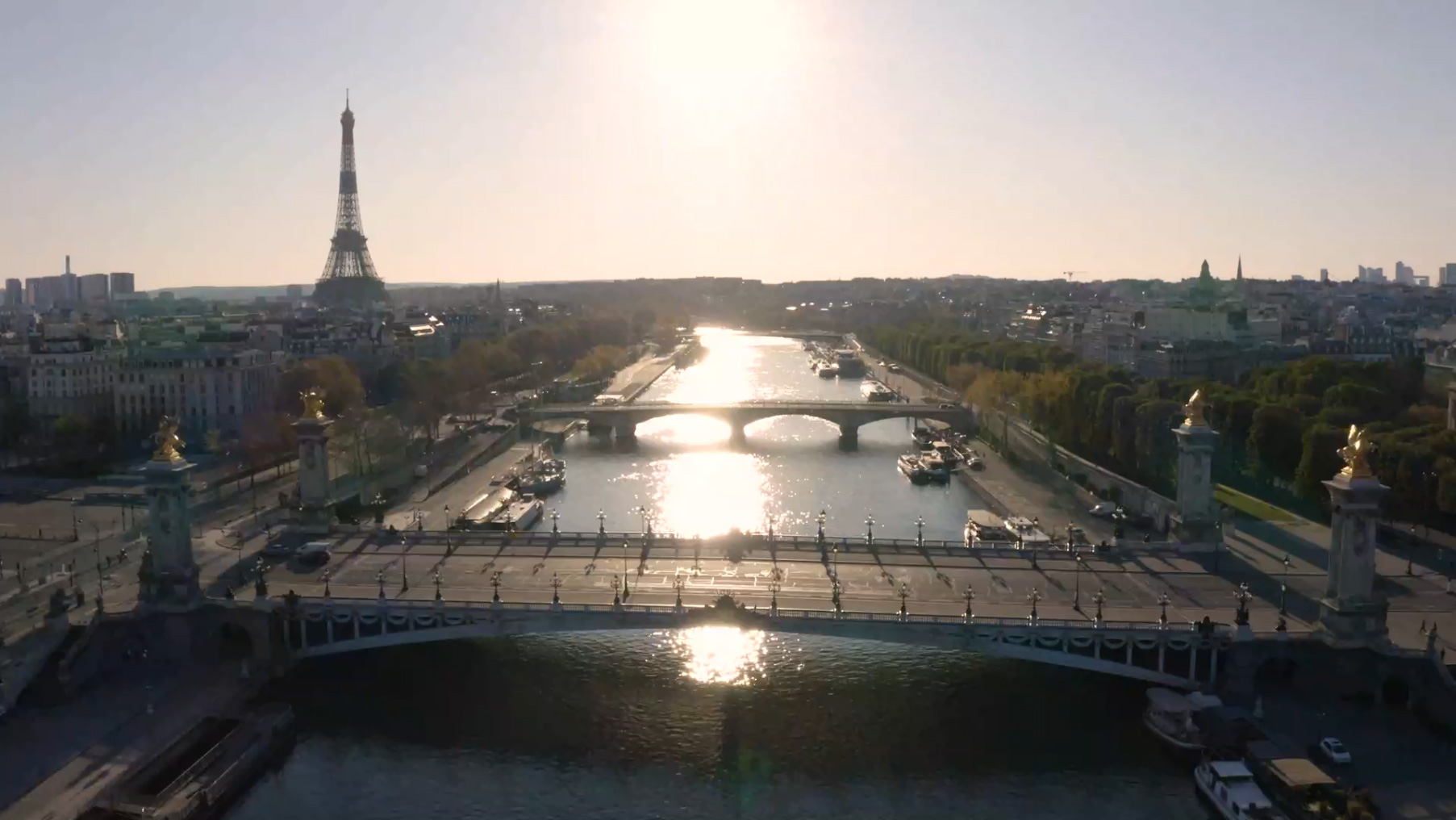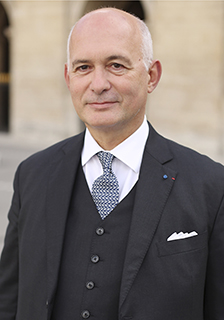Европейский Суд и службы безопасности: нарождающийся конфликт?
François-Henri BRIARD, Avocat at the Conseil d’État and at the Cour de cassation, spoke at the conference organized by the Society of Conservative Lawyers in London, on 22d January, along with Dominic GRIEVE, QC, MP and former Attorney General, Lord Kirkhope of Harrogate, member of the European Parliament, and David Andersen, QC.
For more information : http://www.conservativelawyers.com/events
Full transcript of François-Henri Briard’s speech:
European Court of Justice and security services – an emerging conflict?
A Jesuit was lost in a forest; he met a Dominican and asks: Brother, can you tell me the way? The Dominican answers: sorry Brother, you will never find it, it is straight away… Being too sophisticated and not able to find the way. This is what my talk will be about.
Value of communication data to intelligence and security authorities
We the French are very persuaded that access to communication data is vital to search and investigations. The French point of view is quite the same than other European countries, especially UK; as Advocate General Saugmandsgaard said in its opinion on Tele2 case (July 2016), general data retention (not only partial and selected retention) was very useful to the French in 2015 to find the authors of terrorist the attacks against our country. And data communication which were generally retained were very useful to identify French citizens who left our country to fight in Irak and Syria. General retention is a good thing to me, it is efficient, with legal guarantees for sure. General retention is necessary because selected retention is just practically impossible to enforce. Everyone knows that radicalism can arise very quickly within quiet persons. How and when do authorities make that difference? How do you select the people who may be objectively suspected and those who may not be? How do you make selective retention with people who change their identity, who permanently change their communication tools? How do you choose geographical criteria? Just impossible. The only efficient remedy is general retention if wishing to preserve real value of communication data. Then from that general retention, investigations can be made on specific targets chosen by Justice or Police, but from that general retention.
Exchange of data between Western allies
Yes, exchange is an absolute necessity. We do respect the sovereignty and independence of our allies, we do respect Brexit and its legal consequences. But terrorism is global, fight is global and the defense of our civilization must be global. We need to tell our British friends and disclose our investigations on the French territory if any attack is prepared from France against UK. Prohibition of data exchange between our countries would be very damaging. If you think as said recently Foreign Secretary Boris Johnson of making a road bridge between UK and France, please do not interrupt data bridge between our countries. It includes the US and other Western allies.
Conciliation with CJEU jurisprudence
There is one premise: nobody would seriously contest the necessity of a balance between security and fundamental rights (whatever the legal base is, domestic laws, ECHR, CFR, etc.). And yes, no doubt communication has to be secure and confidential, no doubt personal data must be guaranteed, no doubt that private life has to be protected as say almost all modern democratic laws.
But balance between freedom and security has to be right. And my opinion is that the Digital Rights Ireland trend (confirmed by Tele2 and Watson and the EU-Canada treaty case) is wrong, for two reasons.
First, as France and UK did plead before the Court, national security must be under the exclusive responsibility of Members States; national security does not belong to EU legal matters according to article 4-2 TUE and article 72 of TFUE. This is a big issue which remains opened before EU courts.
Second, ECJ jurisprudence is wrong because we are at war on terror and that at such a time, maximalist appreciation of fundamental rights is wrong. When at war, the rules can no longer be the same. When the court says that “interference” with right to privacy is wide-ranging and serious, fine, but normal and honest people do not care about this. As my regretted friend Justice Antonin SCALIA often said, honest people do not fear strong measures to protect their peace and freedom.
It is absurd, angelic and just irresponsible to say “yes, retention of data and access to data is essential to national security and yes it satisfies an objective of general interest” (point 44 of Digital Rights Ireland) and to use the criteria of strictly necessary (point 55) to make the balance. When at war, it is unrealistic to prohibit general data access, to ask for link between retention and evidence, to ask for precise definition of serious crime, to ask for prior review by a court…Going at war against barbarians is not the same than going to Duck hunting (or truffle hunting for the French) on a Sunday afternoon. All these sophisticated instruments of “proportionality” are not adapted to war.
What can we do?: you can do like the French, keep your own domestic law (article R 10-13 III of CPCE, one year of compulsory general retention) and ignore the European fantasy; also, we can work together on changing the Luxemburg case-law and move to more realistic approach; jurisprudence is alive and moving; ECJ is a court, made of men and women; this will be the job of conservative lawyers to move to the right direction, with good judicial nominations and good pleadings, we can make it.
Conclusion
Wartime is not peacetime. When at war, the goal is not to have perfect uniforms and shining decorations; there is one goal only, which is to win the war with appropriate weapons, nothing else; the strict necessity (to us the words of the Luxemburg Court) is to win the war, not to maximize human rights protection, not to build a beautiful but impracticable reasoning, a reasoning which makes us just like the Jesuit, just unable to go straight away, to get out of the woods and get rid of wild animals.
François-Henri BRIARD


